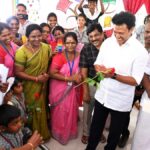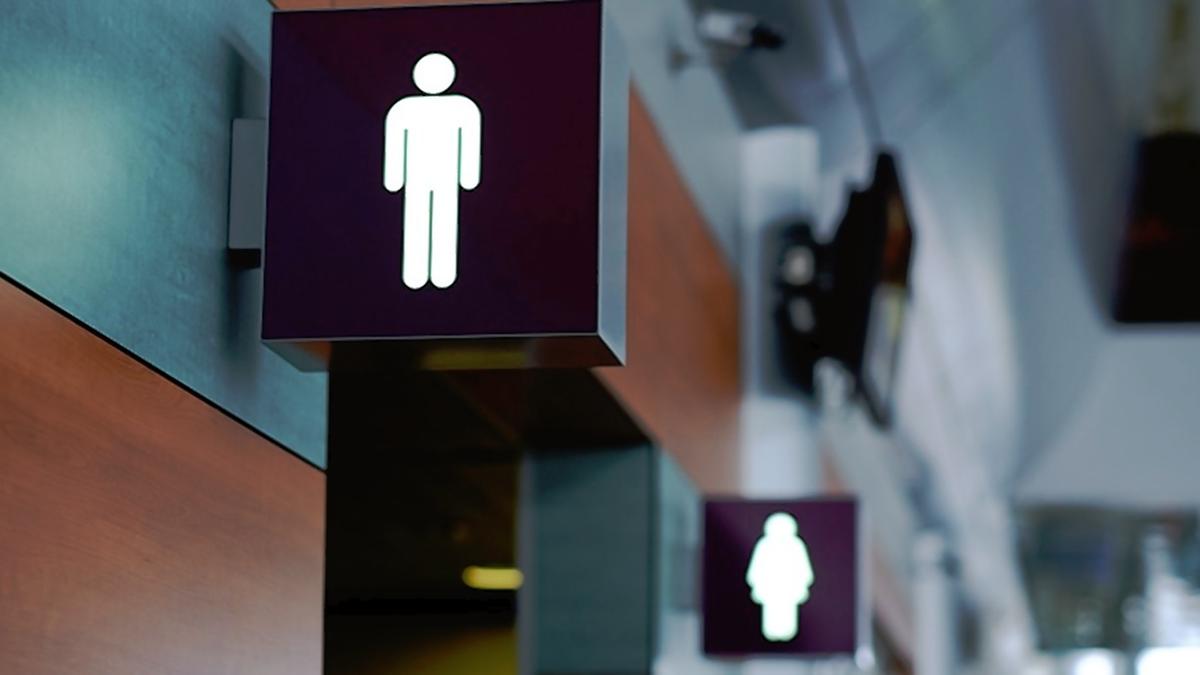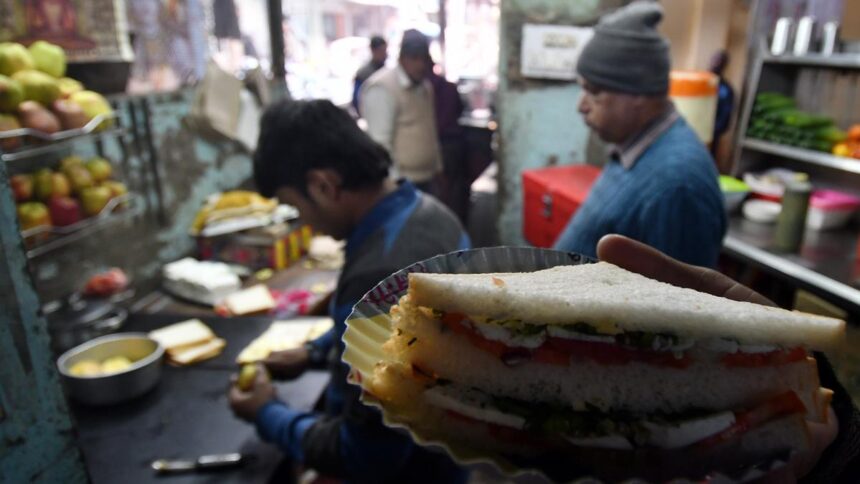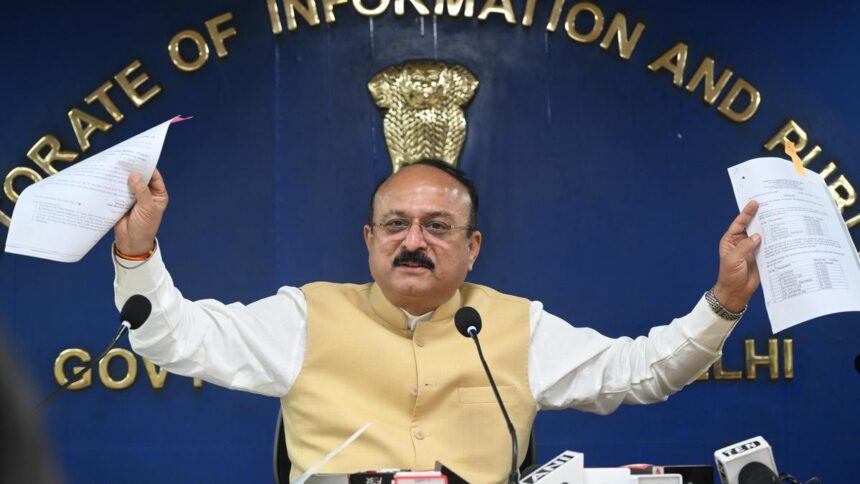A report on the access of women to public toilet infrastructure in Kolkata have revealed a stark spatial disparitysuggesting an infrastructural bias that favours more affluent areas over lower-income neighbourhoods.
The report titled “Status of Public Toilets for Women and Trans Queer Persons in Kolkata” pointed out that out of 144 wards in Kolkata Municipal Corporation, at least 23 wards had no access to public toilets for women. The wards where the researchers found absence of any toilet facilities were often characterised by lower-income populations with significant concentrations of marginalised communities, including Muslims and Scheduled Castes (SCs).

The report based large-scale survey of over 7,616 respondents has been put together by Kolkata-based Sabar Institute, the Azad Foundation and volunteers from eight colleges and two universities. Among the women who participated in the survey, 43% were street vendors, 13.8% were domestic workers and 15.7% were retail salespersons. 38 transpersons were interviewed during the survey.
“This disparity means that the city’s poorest residents have the least access to this basic right… Data reveals a discernible correlation where wards with higher rates of private car ownership, a proxy for affluence, tend to have a greater availability of public toilets. This suggests that sanitation infrastructure is disproportionately concentrated in wealthier neighbourhoods,” the report highlights.
The access and availability of toilets is disproportionate to demand. For instance, at Howrah and Sealdah Station that sees a footfall of lakhs of people, there are only a handful number of toilets for women. At Howrah Station, there are 19 toilets for women while Sealdah has 24 toilets.
Another interesting aspect that has emerged from the study is that a majority of the women who participated in the study (72.9%) reported having to pay to use public toilets.
“This expenditure creates a significant financial strain, consuming an estimated 10% of their daily income. Reflecting this burden, 73.6% of respondents stated they do not prefer to access a paid toilet, indicating a strong preference for free facilities,” the report pointed out.
Commenting on the report, Sabir Ahamed, a researcher associated with the study, said that in the urban planning discourse, there is a lot of investment on infrastructure-like flyover, underpass or metro. “However, there is woefully inadequate investment on building public toilets. It has a negative impact on the workforce participation. Our study finds the barriers in accessing the public toilets by women and what could be the way forward,” he said.
The report also sheds light on the issue of safety and security of the women using public toilets. “A majority of respondents (54.32%) reported feeling unsafe when using public sanitation facilities. This is exacerbated by the lack of basic security, with 38.1% of women reporting non-existent or broken locks on toilet doors,” the report pointed out.
Dolon Ganguly, chief functionary, Azad Foundation, who has been associated with the publication of the report, pointed out that in the country in general and specifically in Kolkata, one major reason for the low number of women’s and trans queer persons’ participation in the workforce is scarcity of safe and hygienic toilets in public places and this study also reveals the same.
“We would like to request Kolkata Municipal Corporation to build gender inclusive toilets with all amenities, such as, hand wash, sanitary napkin vending machine and disposal arrangements, well-lit, clean, spacious, accessible toilets for all women and trans queer persons. Also, it needs to be safe with a woman gatekeeper instead of a man gatekeeper,” Ms. Ganguly added.
The other issues flagged in the report are cleanliness and hygiene and most respondents in the survey (60.78%) reported the lack of soap and handwashing facilities. “Poor cleanliness was the second most cited problem (55.64%), followed closely by an inadequate supply of clean water (51.25%). User perception data confirms the poor conditions with a combined 30.9% of respondents rating the facilities as ‘dirty’ or ‘very dirty’,” the report highlighted.
The report was made public on Monday at Rotary Sadan Kolkata where a panel discussion was held on the issue of women and trans persons’ access to public transport. Among those who participated were Samata Biswas, a professor at Kolkata Sanskrit College, Swati Moitra who teaches at Gurudas College and Zakaria Siddique, a professor at Jamia Millia Islamia.
“The Sabar and Azad study on the access to public toilet by women of Kolkata backs up the feeling we have always had experientially — that it is abysmally low, unsanitary and has long standing effect on women’s health and well-being,” said Samata Biswas, who participated in the panel discussion.
Prof. Biswas added that it was heartbreaking to learn of the struggles women face, including limiting fluid intake to avoid using toilets, bearing a significant economic burden (up to 10% of their income) for using public toilets, and navigating security risks such as poorly-maintained facilities with inadequate privacy.
Published – September 01, 2025 09:25 pm IST



















